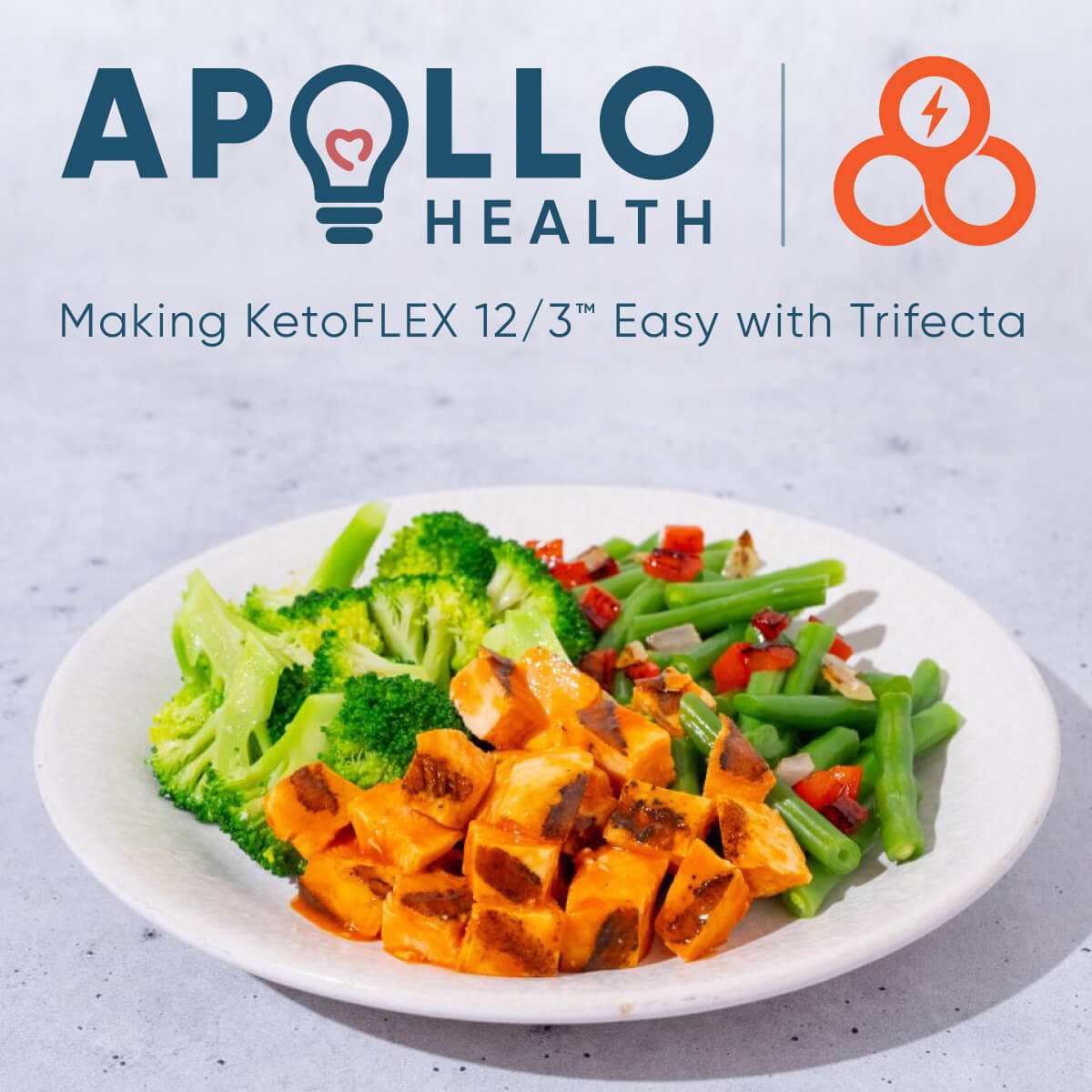August 19, 2024
Why Alzheimer’s Is Now Optional

By Dale Bredesen, M.D., Chief Science Officer for Apollo Health
Cancer screening has helped to save millions of lives: cervical cancer deaths have been reduced by more than 50% thanks to the Pap smear; mammography prevents 12,000 deaths each year (and high-sensitivity ultrasound is even more sensitive); and colonoscopy reduces colorectal cancer death risk by 80%. But until now, there has been no simple, accurate, and predictive way to screen for the early stages of Alzheimer’s and no way to follow the biochemical improvements with successful treatment.
With a new breakthrough that has now changed, and the effect will be just as dramatic as the numerous cancer-screening procedures that have reduced cancer deaths so dramatically: a blood test for p-tau 217 is now available, and this allows you to track status and progress. Furthermore, Dr. Hans Frykman and his group at Neurocode have developed a high-sensitivity p-tau 217 assay, using a special machine called AlzPATH and SIMOA technology (single molecule assay), that allows us all to know years ahead of time, so that we can reduce Alzheimer’s-related dementia for anyone willing to take this simple test and begin the protocol we developed for treatment and prevention. And although it has often been said that there is no reason to find out your status because “there is nothing you can do about it” (the same thing that is often said about finding out your ApoE status), our clinical trials have shown that this is no longer the case. Virtually all of us can avoid dementia if we simply get tested early and begin prevention or early treatment, and this is available at getabrainscan.com.
Whether you are in your 20s or 90s or anywhere in between, your greatest asset is your healthy brain, and therefore, for all of us who are 40 years of age or older, it is important to get evaluated and ensure that our future is free of Alzheimer’s disease. We can repeat the test every few years, and if it creeps up, identify and address the driving factors. This gives all of us control over our future, ensuring that we no longer have to worry about Alzheimer’s-related cognitive decline popping up out of nowhere — which used to be a fairly common tragedy, unfortunately. I am awaiting my own results, and I am grateful that Alzheimer’s disease, which has been a scourge for my generation, is now detectable before symptoms appear, preventable, and reversible. The high-sensitivity p-tau 217 blood test is playing a major role in rendering Alzheimer’s optional.





